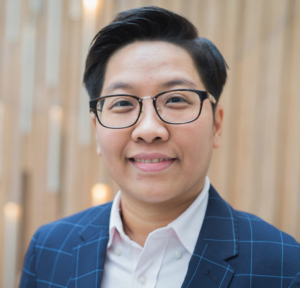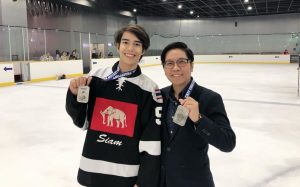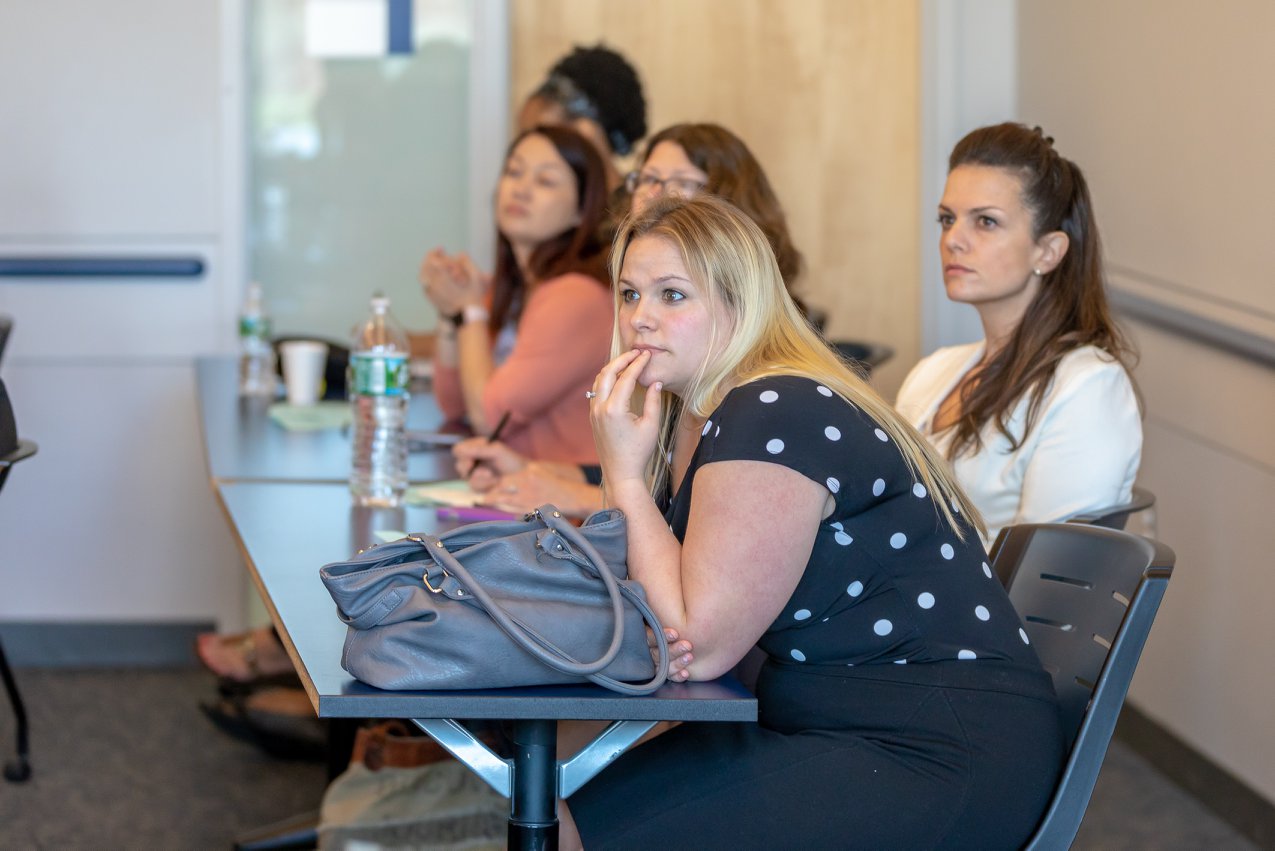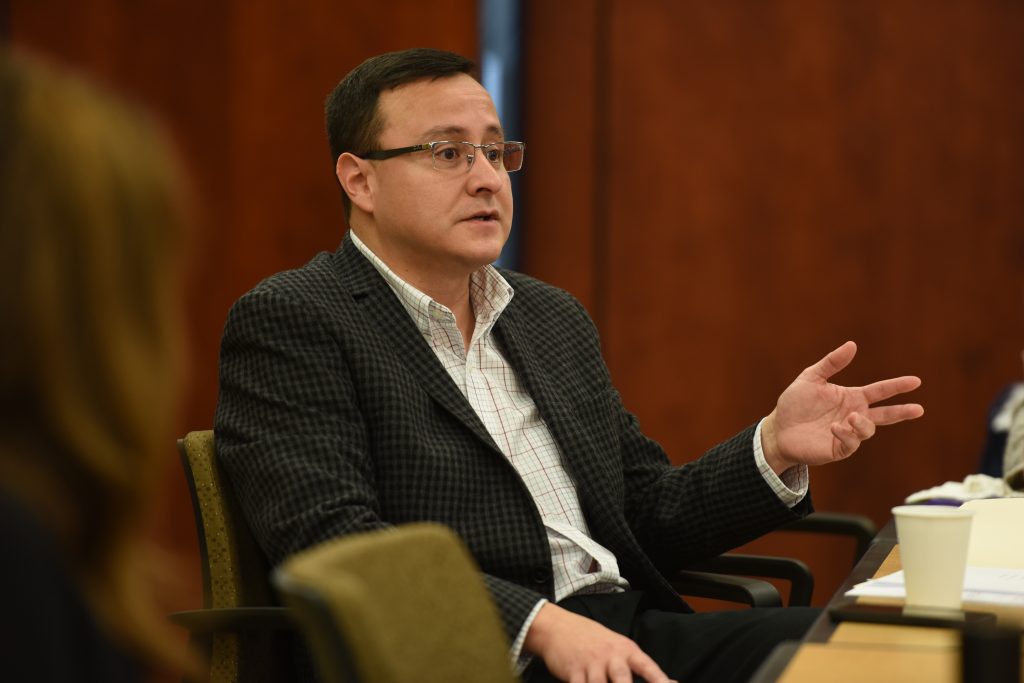 “Reform to me means real, fundamental change,” responded Department of Educational Leadership Professor, Dr. Casey Cobb, when asked about what reform meant to him. He explains the idea that true reform is radical, but “school reform” has been ongoing for the past four decades – meaning we have not gotten it right yet.
“Reform to me means real, fundamental change,” responded Department of Educational Leadership Professor, Dr. Casey Cobb, when asked about what reform meant to him. He explains the idea that true reform is radical, but “school reform” has been ongoing for the past four decades – meaning we have not gotten it right yet.

Dr. Cobb’s research pushes the education reformers, or those responsible for education reform, to consider the larger sociopolitical, health and economic conditions under which schools operate to ignite real change and improve educational outcomes. In his research, he examines the distribution of resources related to child development across metropolitan Hartford. While school choice programs brought on by the Sheff v. O’Neill case in 1996 have been in place for over 20 years, the greater Hartford area remains one of the most racially and economically segregated regions in the United States.
Specifically, his research uses geospatial techniques to explore housing, economic, health, and educational indicators in Hartford’s Sheff region. While his study is not designed to confer causal relationships, it does offer a social epidemiological case study that policy makers can learn from. Results demonstrate gross inequalities on a variety of key indicators related to child development, including housing and property resources, health outcomes and accessibility, and household income. These findings are significant as they reveal structural inequalities in the relatively small geographic area, which is reflective of similar inequalities in the educational experiences of students in the area.
The use of geospatial techniques to study educational issues and child development is relatively new. The method uses several sources of data more commonly used in Public Health and Economics. This new perspective adds to educational policy reform in a number of ways as it offers a more holistic account of the conditions under which schools operate in more and less advantaged communities. Additionally, the results are presented in multilayered maps, which communicates data in real and specific contexts for a more meaningful impact.
Oftentimes, school reform policies limit their focus to just schools; however, Dr. Cobb’s research tackles inequalities outside of the scholastic environment. This research not only offers insight to scholars in the education space, but it is a successful example of interdisciplinary and inter-modal research that can be used by those in different fields of study as well.
What intrigues Dr. Cobb most about this research is how the mapping data convey powerful messages that can lead to fresh conversations about how best to reform schools and the communities in which they reside. The maps bridge economic, health, housing and education data that are typically looked at in isolation.
“I think we are all unique as researchers because we each bring different knowledge bases, world views, and analytic skills to bear on educational problems. I examine policies with an eye toward their implications for equity and fairness.”
-Dr. Cobb, on his research focus and the importance of diversity among researchers
Dr. Cobb is a professor with the Department of Educational Leadership, whose research focuses on school choice, accountability, and school reform, where he examines the implications for equity and educational opportunity. He holds an A.B. in Economics from Harvard University, an M.S. in Educational Leadership from the University of Maine and a Ph.D. in Educational Leadership and Policy Studies from Arizona State University. He is one of the many professors in the department who is using research to challenge current ideas, develop a broader perspective and create actionable reform.


 On September 25, 2018, the
On September 25, 2018, the 